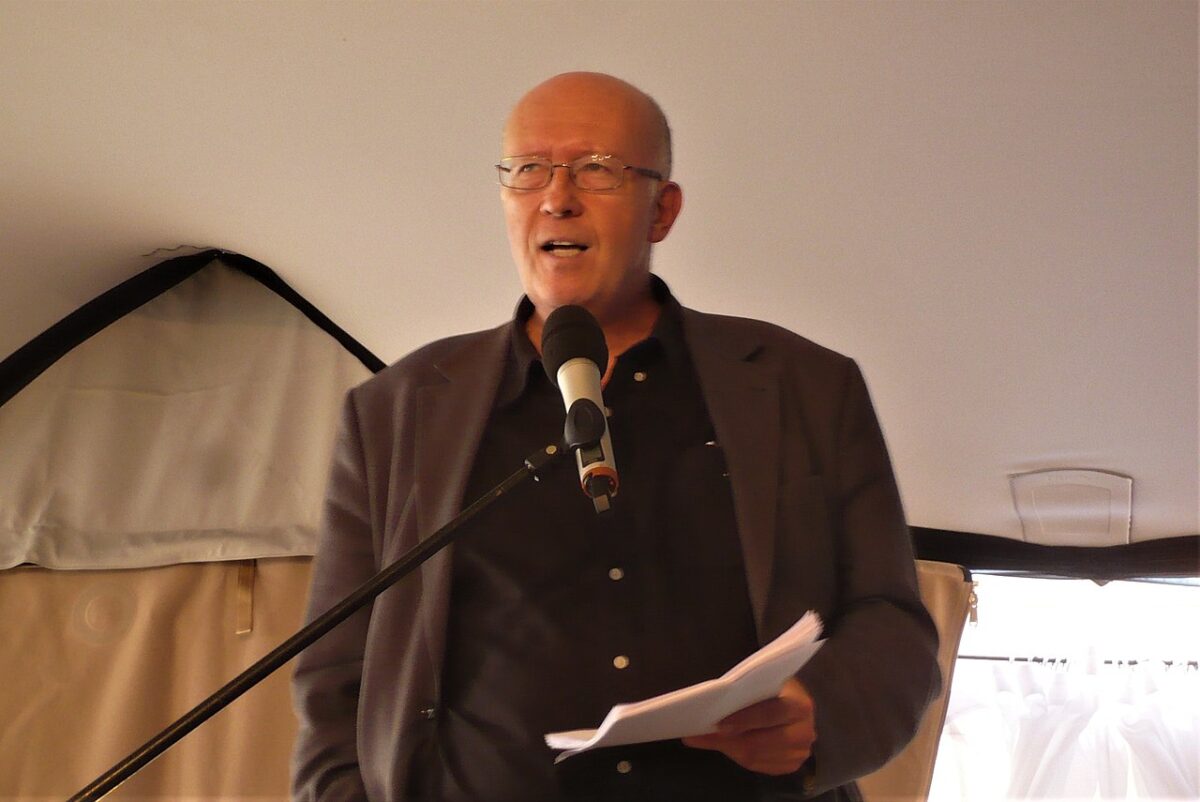Much to its discredit, the current Polish government is trying to muzzle scholarship on the Holocaust to suit its partisan nationalist objectives.
Case in point:
At the conclusion of a libel trial in Warsaw on February 9, a district court handed down a ruling ordering two Polish scholars to issue a public apology regarding the role that Poles played in the mass murder of Jews during Germany’s occupation of Poland.
The defendants were Jan Grabowski, a professor of history at the University of Ottawa, and Barbara Engelking, a historian at the Polish Center for Holocaust Research. They are the co-editors of Night Without End: The Fate of Jews in Selected Counties of Occupied Poland, a two-volume, 1,600-page work published in Polish. An abridged version in English is due to be released later this year.
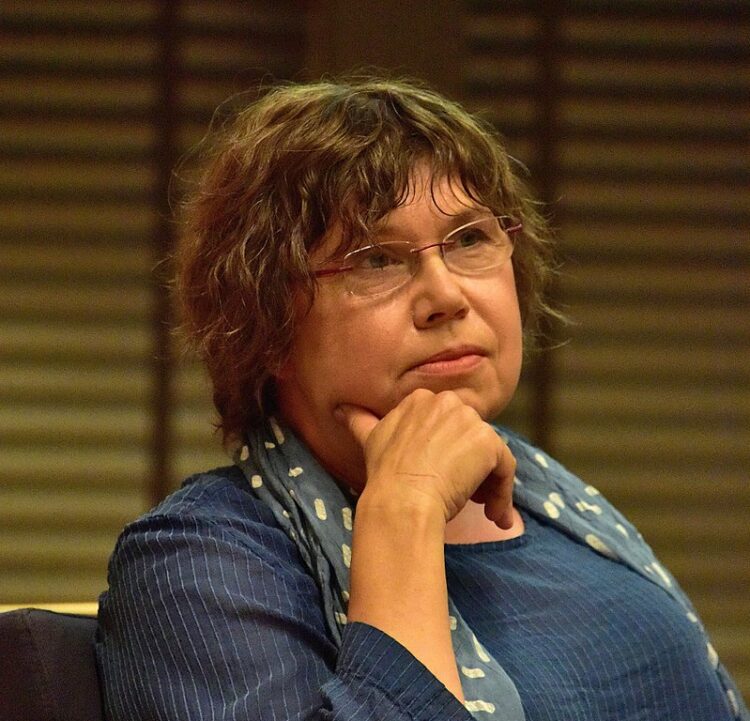
The authors claim that Edward Malinowski, the wartime mayor of Malinowo, a village in eastern Poland, was both a hero and an accomplice to murder. While he saved the life of a Jewish woman, they note, he was also complicit in the deaths of 18 Jews hiding in a nearby forest.
Malinowski’s niece, Filomena Leszczyńska, sued Grabowski and Engelking, demanding an apology and the equivalent of $27,000 in damages. Leszczyńska was backed by the Polish League Against Defamation, a non-governmental group which receives funding from the Polish government.
Poland disingenuously claimed it was not involved in the case. “It is a private matter to be decided by the court,” said Pawel Jablonski, a deputy foreign minister.
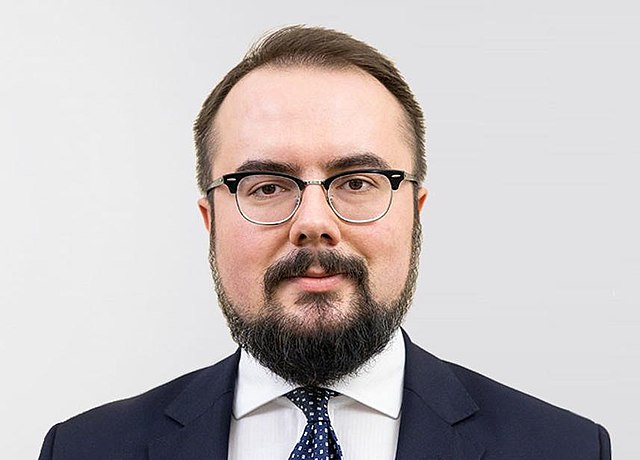
Few buy this facile explanation.
Ever since assuming power in Poland in 2015, the conservative Law and Justice Party has adopted a two-pronged approach to the tragic events that transpired on Polish soil from 1939 to 1945.
While accentuating the undeniable heroism and suffering of Polish civilians during Germany’s occupation, which claimed the lives of three million Catholic Poles, Poland has discouraged impartial scholarly investigations of Polish wrongdoing during the Holocaust, a catastrophic event which virtually wiped out Poland’s prewar Jewish community of 3.3 million.
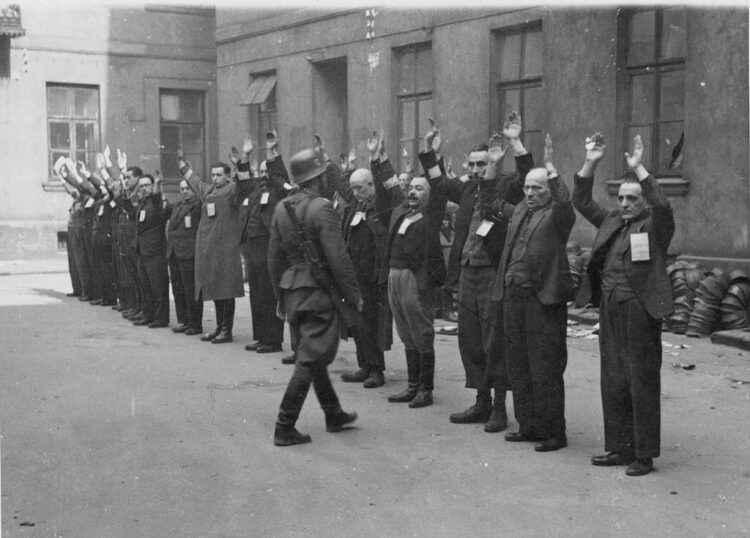
On the face of it, the rationale of Polish policy is to promote national pride, a worthy ambition in and of itself. Poland’s attitude is inextricably bound up with a controversial 2018 law which criminalizes accusations that the “Polish nation” committed crimes that were, in fact, perpetrated by Nazi Germany.
Critics contend that the legislation, which triggered a major diplomatic row with Israel, tends to whitewash an unpalatable reality that deviates from Poland’s narrative of accentuating the positive so as to burnish its international image.
During the Nazi occupation, some Poles, acting out of economic self-interest or sheer antisemitism, collaborated with the Germans in the killing of Jews. The vast majority of Poles remained silent and indifferent, fearing harsh retribution from the Nazis. Poles caught helping Jews could be executed summarily, along with their families. Poland was the only country in Nazi-occupied Europe where such a draconian penalty was in force.
A minority of Poles came to the assistance of Jews, with some 7,000 having been recognized as Righteous Gentiles by Yad Vashem, the Holocaust memorial and research center in Jerusalem.
Ewa Jonczyk, the judge who presided in the case, ordered Grabowski and Engelking to publish an apology on the website of the Polish Center for Holocaust Research and to send a written apology to Leszczyńska. But Jonczyk rejected her demand for monetary compensation.

Maciej Świrski, the director of the Polish League Against Defamation, expressed satisfaction with the court’s verdict. On Twitter, he posted a message saying that Leszczyńska is “fighting for all of us so that we don’t have to bear the stigma ascribed to us by historians as perpetrators of the Holocaust.”
Understandably enough, Grabowski has not accepted the judgment of the court and intends to appeal. Engelking is defiant. “I don’t feel guilty,” she said in a video statement.
The case, the first test of the 2018 law, confirms fears that it was expressly designed to stifle free and open research.
In a statement on February 11, Yad Vashem said it is “deeply disturbed” by the implications of the court’s verdict. “Any attempt to limit academic and public discourse through political or legal pressure is unacceptable and constitutes a substantive blow to academic freedom.”
The Foundation for the Memory of the Shoah, based in Paris, branded the legal assault on the two historians as a “witch hunt” and a “pernicious invasion into the very heart of research.”
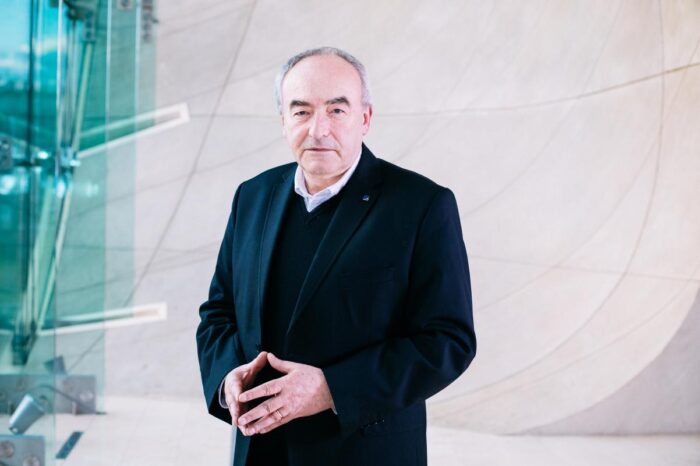
Zygmunt Stepinski, the new director of the Polin Museum of the History of Polish Jews, said that Leszczyńska’s libel suit could be construed as an ill-disguised attempt to intimidate scholars.
The Conference of Jewish Material Claims Against Germany — a sponsor of historical research on the Holocaust — and the World Restitution Organization put it best, “The history of the Holocaust requires independent scholarly research that must not be subject to inappropriate efforts at pressure by politicians and the courts.”
Regrettably, there is further evidence that the Polish government is interfering in Holocaust scholarship.
Several days ago, Katarzyna Markusz, a Polish journalist who runs the Jewish. pl website, was questioned by police in Warsaw on suspicion of having violated the constitution.
Four months ago, she wrote, “Will we live to see the day when the Polish authorities also admit that hostility towards Jews was widespread among Poles, and that Polish complicity in the Holocaust is a historical fact?”
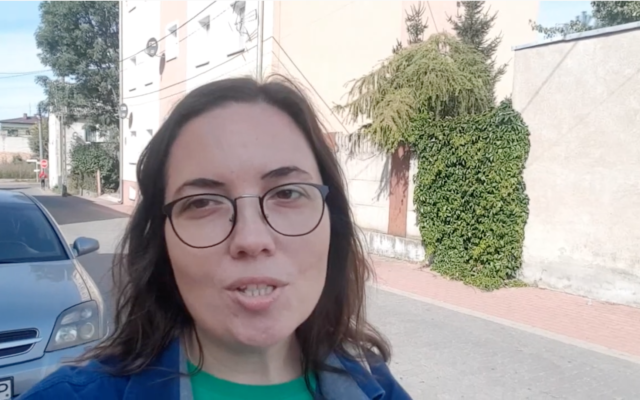
After an anonymous complaint was filed against Markusz, she was detained by police, who asked whether she had intended to “offend the Polish nation.”
She denied the accusation.
“I wrote the truth,” she told the Israeli newspaper Haaretz. “There were Poles who were involved in the Holocaust. They betrayed their Jewish neighbors and sometimes even killed them. That’s a fact. It’s stupid that I should have to discuss this with the police and that someone could be offended by it. How can one be offended by the truth?”
Very easily, it would appear.
The Polish government should seriously reexamine its one-sided, unfair and myopic position with respect to the Holocaust — a complex event which does not lend itself to simplistic black and white interpretations based on political expediency.
